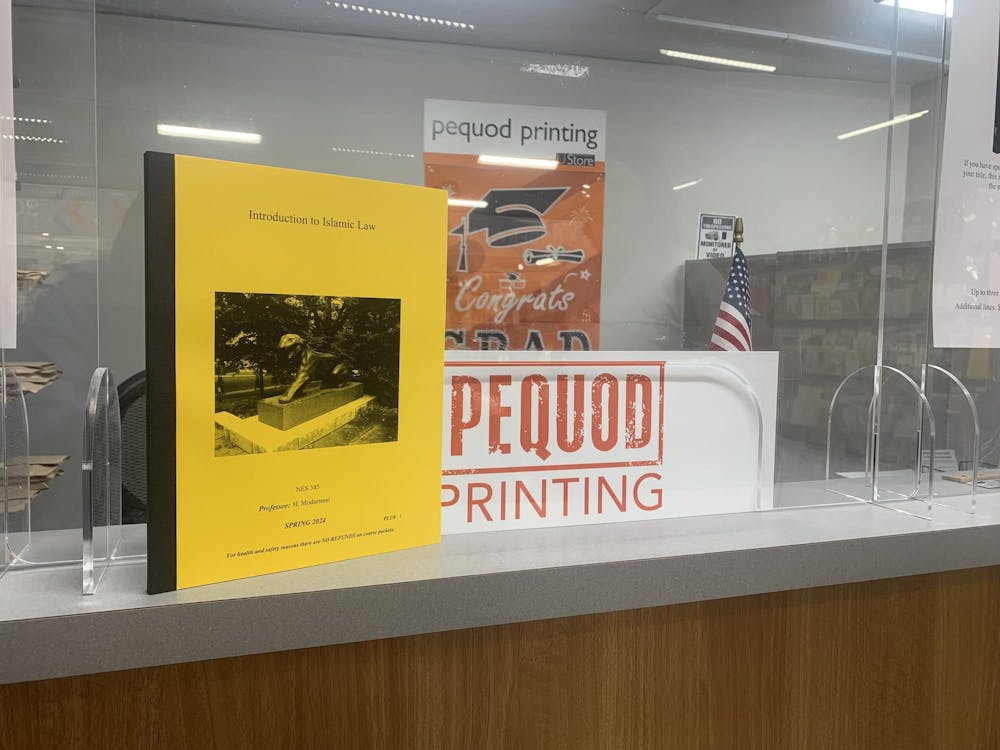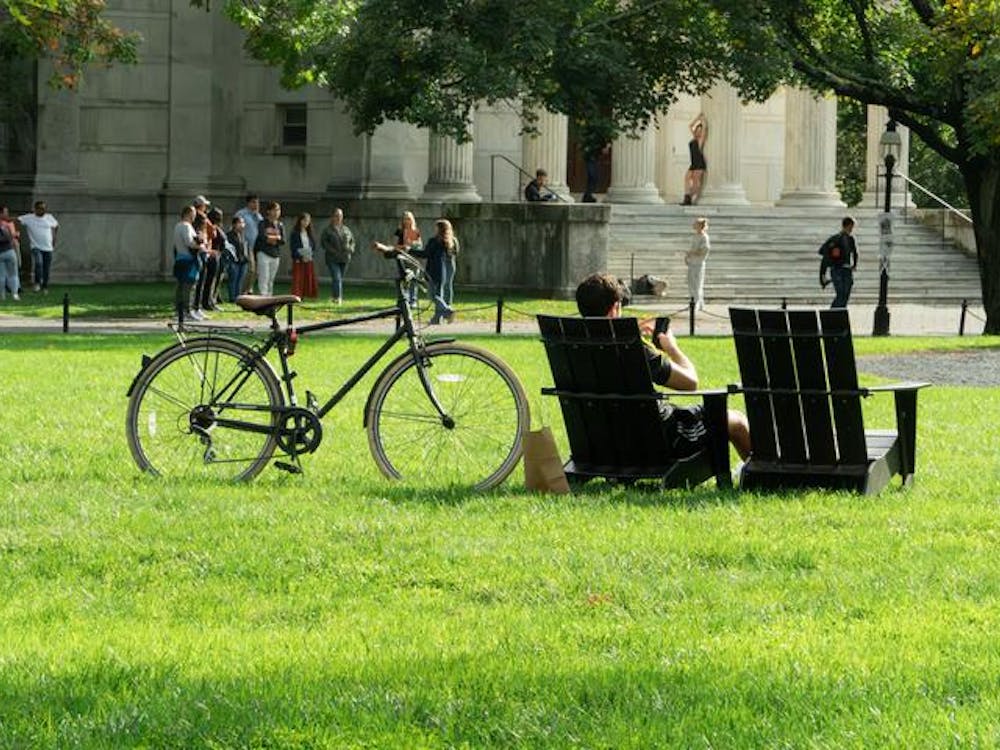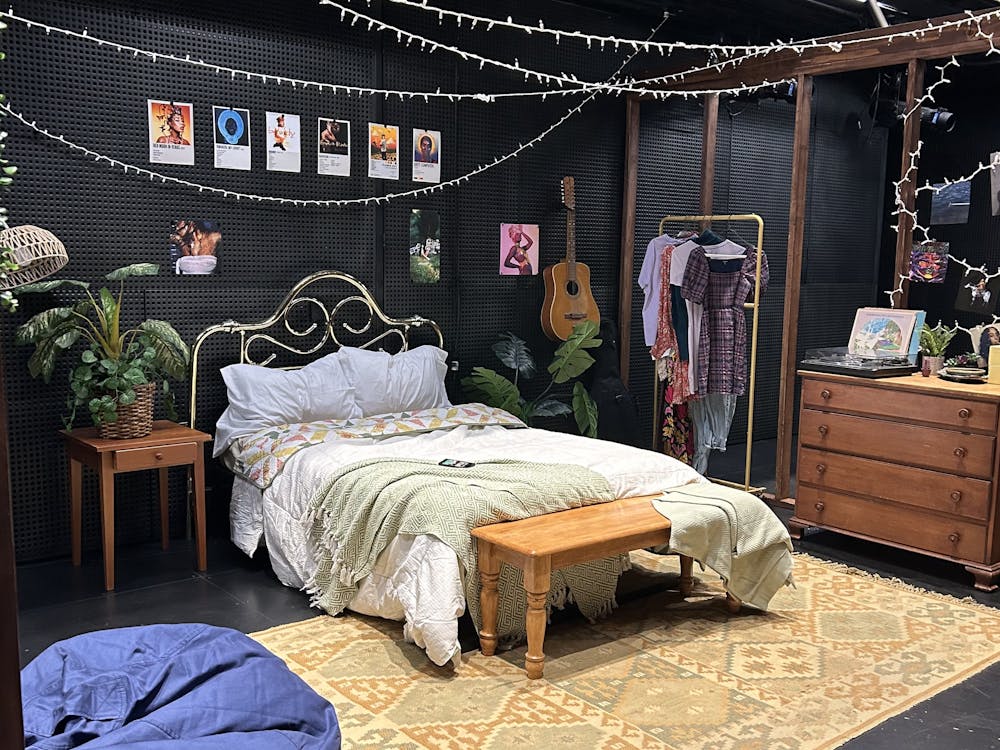As American students, we are able to take much for granted. Especially in this year of cracking open our campuses through debates, we must appreciate that even when administrators or fellow students vehemently disagree with our values, we are still protected by the First Amendment. This is not so in all democracies.
On February 12 , the Jawaharlal Nehru University student union president, Kanhaiya Kumar, was arrested on the JNU campus in Delhi, India. Kumar had spoken at a demonstration marking the third anniversary of the execution of Mohammed Afzal Guru, a Kashmiri man convicted of an attack on India’s parliament. A group of students identifying as the ABVP, the student arm of the right-wing Bharatiya Janata Party, filed a police complaint alleging Kumar’s speech as seditious.
It would be unheard of in the United States for a student to be arrested on sedition charges, for speaking out against the government at a campus event as Kumar was.
According to The Hindu, the demonstration was intended to show solidarity with the Kashmiri migrants on campus and, although it was a showcase of art, music and poetry, it was not approved by the university administration.
Section 124-A of the Indian Penal Code reads: "Whoever, by words, either spoken or written, or by signs, or by visible representation, or otherwise, brings or attempts to bring into hatred or contempt, or excites or attempts to excite disaffection towards the Government established by law in India, shall be punished with imprisonment … or with fine."
Let us note that the law was originally written to prevent seditious speech against "Her Majesty or the Crown Representative" and was interpreted that way until 1948, the year after India’s independence from Britain.
Kumar’s speech, available on YouTube, accuses the government and not-so-subtly implicates the Prime Minister of violence against the poor, against Muslims, against women and against Dalits, the outcasts in India’s social caste system. Rajnath Singh, the Home Minister, was featured in a video uploaded shortly after by the Bharatiya Janata Party titled: "Anyone who raises anti-India slogan/challenges nation’s sovereignty & integrity will not be spared."
As hashtags fire across the United States to stand in solidarity with student protests at colleges around the country, we, as students in America, ought to learn about and support similar movements around the world. Students gathered — myself included — on Friday afternoon to submit a photograph of Princeton students holding signs that read "We Stand With JNU." Our submission will be added to similar statements of solidarity coming from around India and the world to student organizers in Delhi.
The student organizers are currently seeking additional students to support their statement of solidarity.
"The university as an institution is in question — a fundamental, international question. This is not just a phase of Indian politics, but a phase of democracy," said Ritwik Bhattacharyya GS '15, one of the organizers who recently completed his Ph.D. in comparative literature at the University.
The last time that police were allowed on the JNU campus to conduct such raids was during the Emergency, a 21-month period from 1975 to 1977 when Prime Minister Indira Gandhi curbed civil liberties, suspended elections and jailed political opponents. Gyan Prakash, a professor in the history department, was a student at that time and believes there are both differences and frightening similarities between the two periods. He reflected in a piece for Scroll.in, "India has changed, and so has JNU… Being Left no longer means only class struggle but battles over a full range of issues – caste, class, gender, Kashmir, minority and civil rights. It is for this reason that the extraordinary attack on the university has met with broad-based and militant resistance both within and outside JNU. This is the only silver lining in what is otherwise dark and foreboding."
It is deeply alarming that in the world’s largest democracy, students speaking out against injustice — just like us — are in prison for such speech. Our campuses are certainly imperfect, but despite every problem we can fault to fellow students, faculty or administrators, we must admit that fundamentally we are guaranteed this freedom to voice our dissent. This is not to say that protesters in the United States are never arrested, but because we walk around a college campus, we are given both the privilege and responsibility of our student status, which protects our demonstrations.
Bhattacharyya believes this could be a wake-up call for American students, who, of course, should be concerned with domestic issues, but might consider showing up to raise awareness about international issues as well.
"It benefits everyone to have common values in Universities everywhere, so we hope that students here are inspired to take a stand," said Bhattacharyya.
Azza Cohen is a history major from Highland Park, Ill. She can be reached at accohen@princeton.edu.







